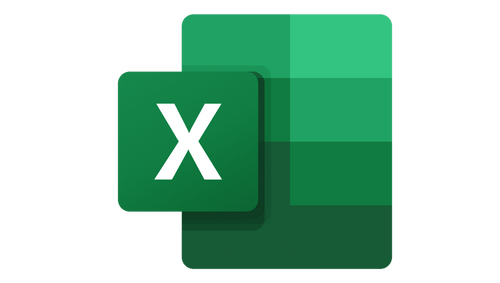Working as a freelancer comes with a lot of perks: being your own boss, setting your own hours, and working from anywhere. But there’s one part you can’t skip: paying taxes! If you're not sure how to start, here’s a quick guide on how to manage your taxes, depending on which tax regime you choose.

1. Simplified Trust Regime (RESICO)
RESICO is perfect if your income doesn’t exceed $3.5 million a year. The best part? It’s super easy to understand, and you’ll end up paying lower taxes compared to other regimes.
Benefits of RESICO:
- Low tax rates: Taxes range from 1% to 2.5%, depending on how much you earn.
- Fewer reports: You won’t have to worry about filing complex reports.
- Easy invoicing: Issuing electronic invoices is quick, and you can deduct a lot of your work-related expenses.
How to pay under RESICO:
- Monthly returns: You just report your income, and the system calculates the taxes you need to pay.
- Annual return: You can also include more deductions in your yearly return.
- ISR withholding: In some cases, your clients may already withhold the ISR for you, making it even easier.
2. Individual Entrepreneur Regime
This regime is ideal if you earn more than $3.5 million or have a lot of expenses that you want to deduct. It gives you more freedom to deduct things and adjust your taxes based on what you spend on your work.
Benefits of the Individual Entrepreneur Regime:
- More deductions: You can deduct things like rent, work tools, transportation, and basically everything you need to run your business.
- No income limit: If your business is growing and you’re earning a lot, this regime covers you, no matter how much you make.
How to pay under this regime:
- Monthly returns: Similar to RESICO, but with more flexibility for deductions.
- Annual return: This is where everything gets adjusted, and you might even get a tax refund if you’ve overpaid.
- Paying VAT and ISR: Besides ISR, you’ll also have to report and pay VAT if your services are subject to it.
3. Electronic Invoicing
Regardless of which regime you choose, issuing invoices is crucial. It helps you keep everything in order and avoid any issues with the tax authorities (SAT).
4. Tax Deductions You Can Use
Take advantage of the tax deductions you’re eligible for, such as:
- Internet and phone services you use for work.
- Your laptop, software, or any equipment you need.
- Transportation or travel expenses related to your business.
5. Pro Tip: Get a Tax Advisor
Even though this process sounds simple, it’s always a good idea to have an accountant help you keep everything in check and avoid mistakes.
Ready to get your taxes sorted without the headache?
If you're a freelancer and still have questions about managing your taxes, don’t worry! Book a free consultation with us, and we’ll help you get everything under control so you can keep focusing on what you do best.

